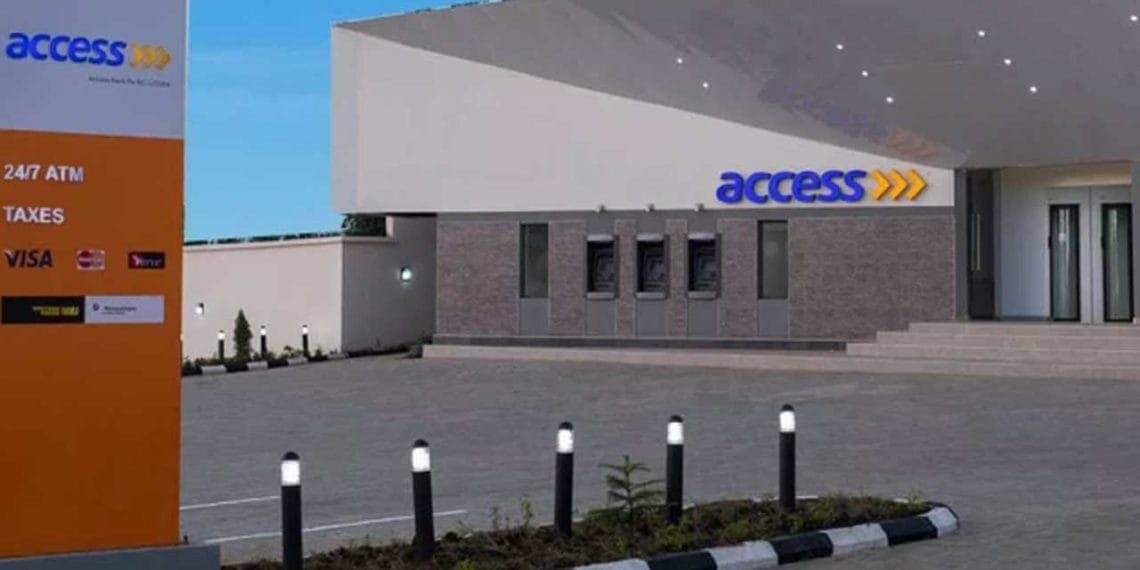Fitch Ratings has upgraded the rating outlook on Nigeria-based Access Bank Plc to ‘B’ Stable from ‘B’ Negative.
The outlook revision reflects Fitch’s view that risks to Access’s credit profile have toned down since the onset of the COVID-19 crisis. This analysis is per the bank’s resilient financial metrics in 2020 and Q1 2021, and these trends are likely to continue.
Furthermore, this rating action reflects the view that Access Bank has sufficient headroom at the current rating level to absorb risks to its asset quality, profitability and capital given Fitch’s base case scenario, as a result of operating environment pressures.
According to Fitch Ratings, Access Bank’s Issuer Default Ratings (IDRs) and senior debt ratings are driven by its intrinsic creditworthiness, as defined by a viability rating of ‘b’. The Viability Rating (VR) takes into consideration business concentration and sensitivity to Nigeria’s volatile operating environment.
Furthermore, the bank’s asset quality continues to remain stable, supported by substantial non-loan assets which largely comprises of cash balances at the Central Bank of Nigeria and government securities.
Access’s impaired loans (stage 3) ratio as at Q1 2021 was 4.4% which compares well with peers, while total reserve coverage is strong (87%). Impaired loans have fallen due to loan repayments, restructurings, loan conversion to naira from US dollars, and write-offs.
Nevertheless, Stage 2 loans – concentrated in the oil sector – remain high, although they have fallen reflecting the improving economic outlook. Fitch believes that migration risk relating to Stage 2 loans should be limited, given the restructuring of a significant proportion of the loans.
Meanwhile, total oil-related exposure remains significant (28% of loans), and foreign-currency loan exposure since end-2019 has more than halved to 16% at end-Q1 2021.
Other Profitability Measures
Access’s operating profit to risk-weighted assets (RWA) is sound and has been supported by lower funding costs increased scale following the Diamond acquisition, and higher oil prices. Nevertheless, profitability underperforms the highest-rated peers in Nigeria, due in part to integration costs from Diamond Bank.
Therefore, Fitch expects loan-impairment charges to remain high in 2021, although lower than in 2020 when Access reported a one-off charge at its UK subsidiary.
Access Bank’s capitalisation is adequate, as reflected in a Fitch Core Capital (FCC) ratio of 17.7% at end-Q1 2021, albeit below more highly rated peers. Capital buffers over regulatory minimums are solid indicating total capital ratio of 22.2% compared with the 15% regulatory minimum. However, Access’s tangible leverage ratio is below the highest-rated peers, Fitch notes although they expect it to improve as the profitability outlook recovers.
Fitch notes that the bank has good overall balance sheet liquidity but takes foreign currency liquidity risk (and counterparty risk) through substantial currency swaps with the CBN.
Fitch considers foreign-currency liquidity to be only adequate, notwithstanding potential liquidity available from the broader Access Bank group, in light of the tight FCY conditions in Nigeria. Naira liquidity is supported by large cash placements which excludes restricted deposits at the CBN and government securities.
READ ALSO: Interest Payments to Rise to 53% of revenues in 2021- Fitch Ratings























